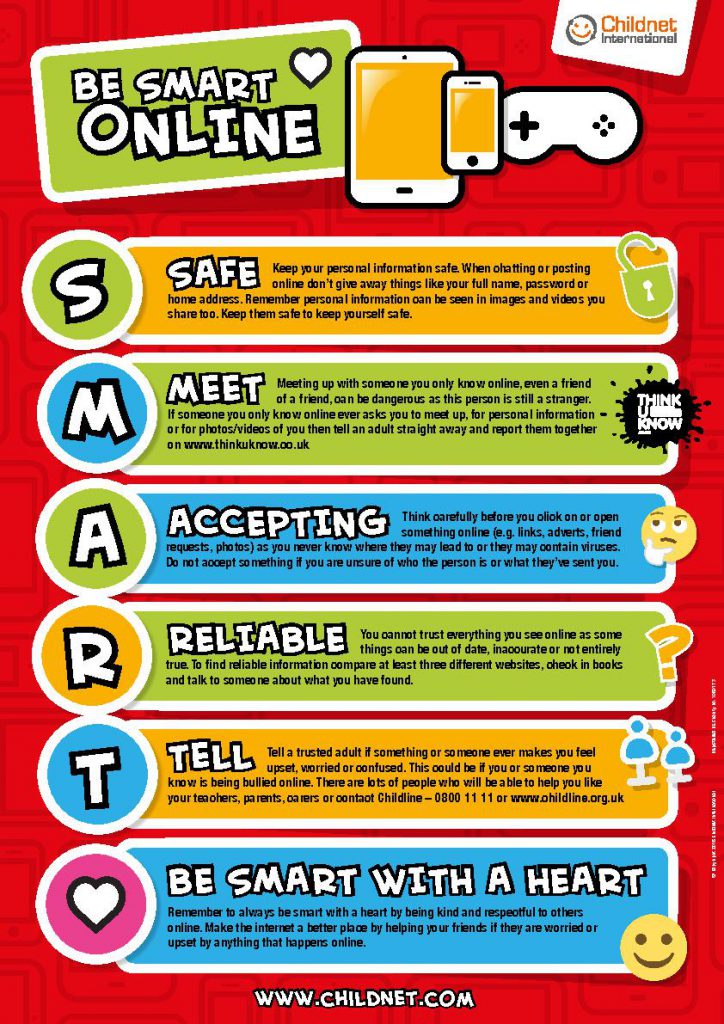‘To prepare our children to be confident and competent within a world that is heavily shaped by technology.’
Intent Statement:
At Myddle, we aim to deliver a computing education that equips pupils to use computational thinking and creativity to understand the ever changing world we now live in. Computing has deep links with mathematics, science, and design and technology, and provides insights into both natural and artificial systems.

The core of computing is computer science, in which pupils are taught the principles of information and computation, how digital systems work, and how to put this knowledge to use through programming. Building on this knowledge and understanding, pupils are equipped to use information technology to create programs, and debug systems. Computing also ensures that pupils become digitally literate so they are able to use and develop their ideas through, information and communication technology, suitably preparing them for the future workplace and as active participants in a digital world.
Curriculum/Scheme of work:
We use the scheme from ‘Twinkl’. In this scheme children will learn how computers and computer systems work; they will design and build programs, develop their ideas using technology and create a range of content. Units of work can be taught in isolation as weekly lessons or can be blocked at the discretion of the teacher.
Our computing curriculum is split up into the following four sections:
- Multimedia Sound and Motion
- Handling Data
- Technology in Our Lives
- Coding and Programming
- Online Safety
Online Safety
Online safety is a fundamental element computing teaching and technology. Online Safety sessions take place throughout the computing curriculum as well as in PSHE lessons. We also take part in yearly events such as Internet Safety week. The SMART rules, compiled by Childnet, are shared with children and displayed in each classroom.

Implementation
Through the sequences of lessons, we intend to inspire pupils to develop a love of the digital world, see its place in their future and give teachers confidence. Cross-curricular links are also important in supporting other areas of learning. Computing lessons at Myddle help children to build on prior knowledge at the same time as introducing new skills and challenges.
In KS1, the focus is on developing the use of algorithms, programming and how technology can be used safely and purposefully. In KS2, lessons still focus on algorithms, programming and coding but in a more complex way and for different purposes. Children also develop their knowledge of computer networks, internet services and the safe and purposeful use of the internet and technology. Data Handling is featured more heavily in UKS2. Skills learnt through KS1 and LKS2 are used to support data presentation. End-of-unit assessments, enable staff to feel confident in the progression of skills and knowledge and that outcomes of the national curriculum have been met. Keywords are also high-lighted in lessons ensuring the progression of specific language involved so that teachers can assess understanding and progress through vocabulary.
Impact:
At Myddle we expect that learning in computing will be enjoyed across the school and that teachers will have high expectations and quality evidence will be presented in a variety of forms. We expect that children will be able use digital and technological vocabulary accurately, alongside a progression in their technical skills. They will become confident in using a range of hardware and software and will produce high-quality purposeful products. Our children will see the digital world as part of their world, extending beyond their school environment, and understand that they have choices to make. At the end of their journey through Myddle, children will become confident and respectful digital citizens going on to lead happy and healthy digital lives.
Documents:
Primary National Curriculum – Computing
National Curriculum Links Subject Overview
Progression Map
ICT Long Term Plan
Curriculum software and hardware requirements
Glossary of Computing Terminology
Useful Websites:
Childnet
A non-profit making organisation working with others to help make the Internet a great and safe place for children.
Think U Know
Provides the latest information on the sites young people like to visit, mobiles and new technology. It’s separated into different age groups: 5-7years, 8-10 and 11-16 years. There is also a ‘parent/carer’ and ‘teacher/trainer’ section. It discusses what’s good; what’s not so good about the internet; about online risks and what you can do about them.
Parents Protect
A charity organisation with some great links for online safety.